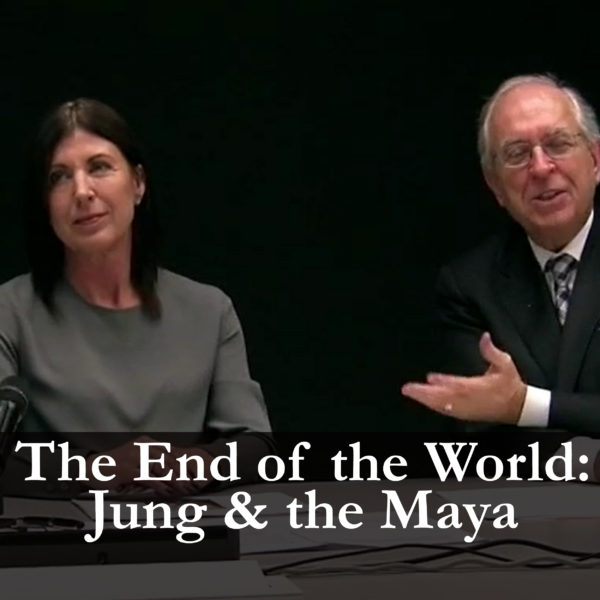December 21, 2012 was prophesied by some as the end of the world. Many prepared themselves for a suspected doomsday, but awoke on December 22 still alive and without any clear world catastrophe. Curiously, human’s have been predicting the world’s end for centuries. Something keeps pulling people into fearing the worse. Some have even taken their lives to avoid the expected apocalypse. What is it about human psychology that keeps many obsessed with the world’s end? What did the Mayan Calendar really say about this date? Join us in the exciting seminar looking at this phenomenon.
Nancy Furlotti has extensively studied the Maya Calendar and in her presentation will explore the meaning of the ending of the present historical cycle as conceived by the Maya mythologists. Hers is a fascinating story replete with archeological data, images of Maya culture, and ancient reflections about temporal cycles of vast proportions. Can some of the insights from Maya myth prove to be relevant to issues of our day? Certainly the myth of the end of time strikes a deep chord in the contemporary psyche.



